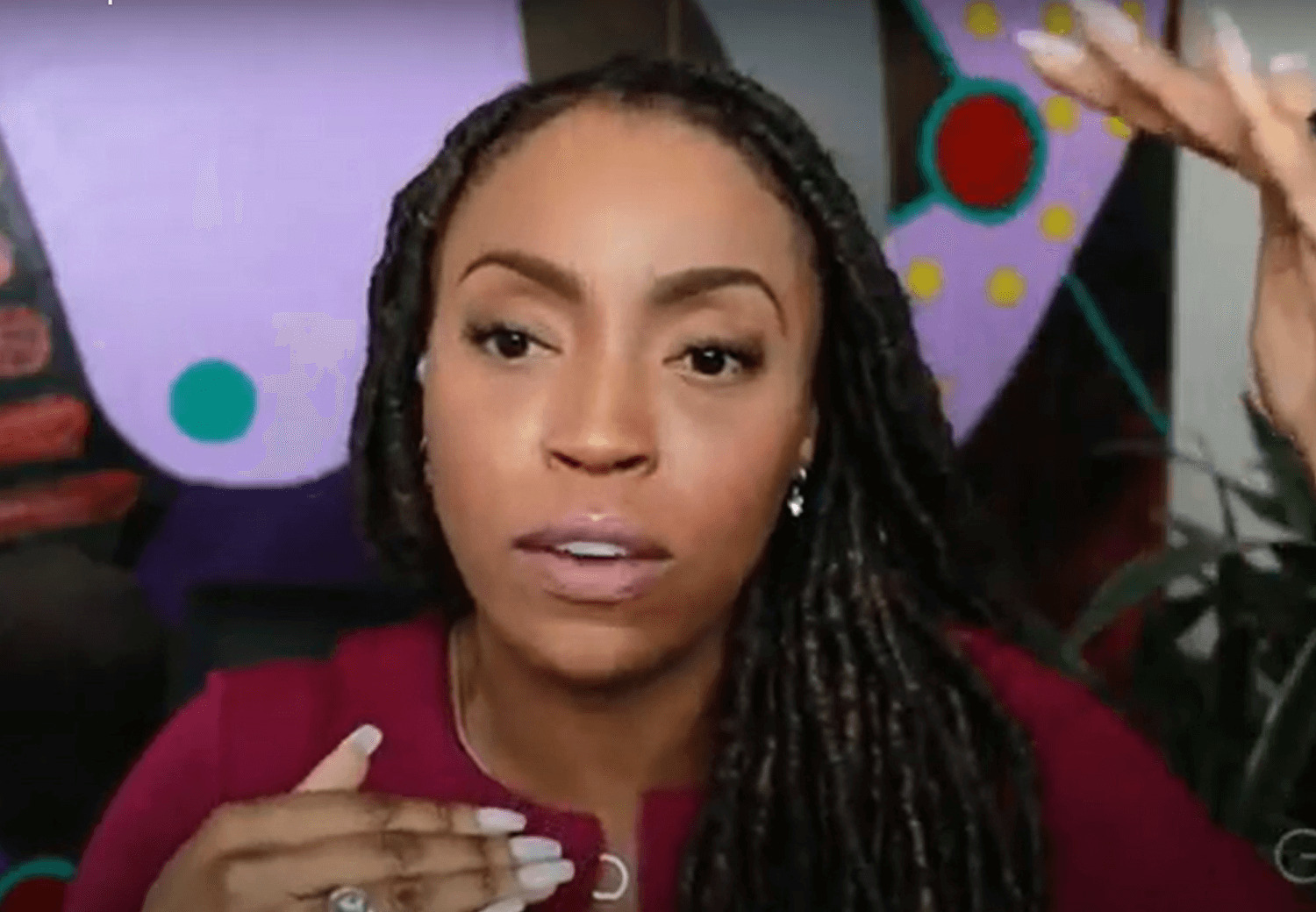Mentors. Because mentors can help you build those relationships. Because mentors can go in and whisper in that person’s ear and go “Hey, I know you don’t know Trier, but the next opportunity to get in front of a client so forth and so on, she’s looking for this opportunity.” Got it great. “Hey, I know you don’t know, Trier, you’re going to be in that promotion meeting and you should just know what’s going on with her. Trier is working really hard.”
And so it’s really interesting how sponsors... In the military, I know the women generals, the black generals that knew of me and I knew of them, but we may have never sat down and had a conversation. I know that they advocated and there were things that happened in my career because of sponsors that I had never talked to made it happen.
But the second thing also is that one of the things that I learned when I got out of the military is that in the military, the question is not, “do you have mentors?’ It’s “how many mentors do you have?” I am shocked by how many people outside of the military don’t have mentors, don’t think about sponsorship, or know their sponsors or can point to them. And I think that there is a gap and how do we fill that? It is definitely one of my favorite questions when I was a Chief People Officer, Chief HR Officer. I always ask them, who are your mentors? And if there’s a CEO that said, “Oh, I don’t have any,” that’s a red flag for me.
Because it doesn’t matter at every level, there’s always someone that we can go to, to say, “Hey, what do you think about that? What are your thoughts on this?” And here’s the other thing, I have mentors, a mentor is not about age or necessarily years of experience, but it’s about your experience and exposure. I have folks that teach me things all the time that are younger than me, with way fewer years of experience, and open yourself up to evolve and learn new things.
The last thing that I’ll say about mentorship is I feel like a lot of folks over-engineer it. “Will you be my mentor? I am looking for a mentor.” I say this all the time, if I call you twice and ask you if I want something, I see you as my mentor, like you are mine. I don’t really know if you have control over it. I hear people say all the time, “I can’t take on any more mentees." And so there are probably folks out there that I consider a mentor, a coach, or maybe even a sponsor, and they may not see it that way, but welcome to my personal board of directors.





